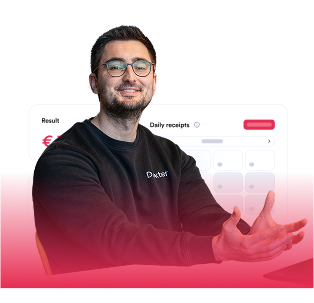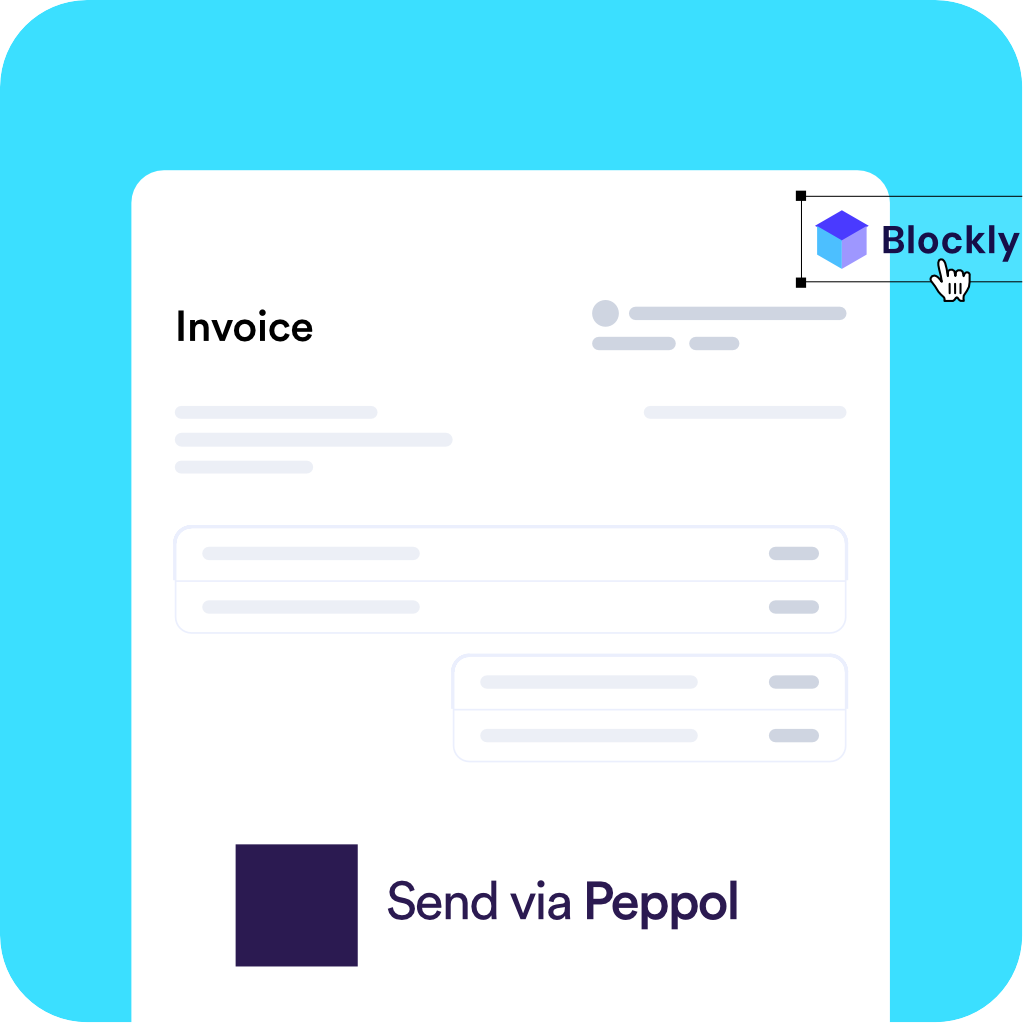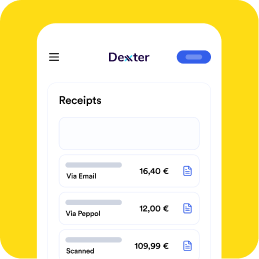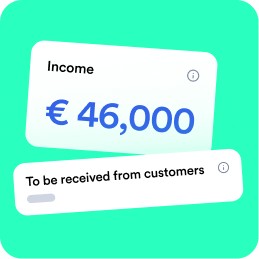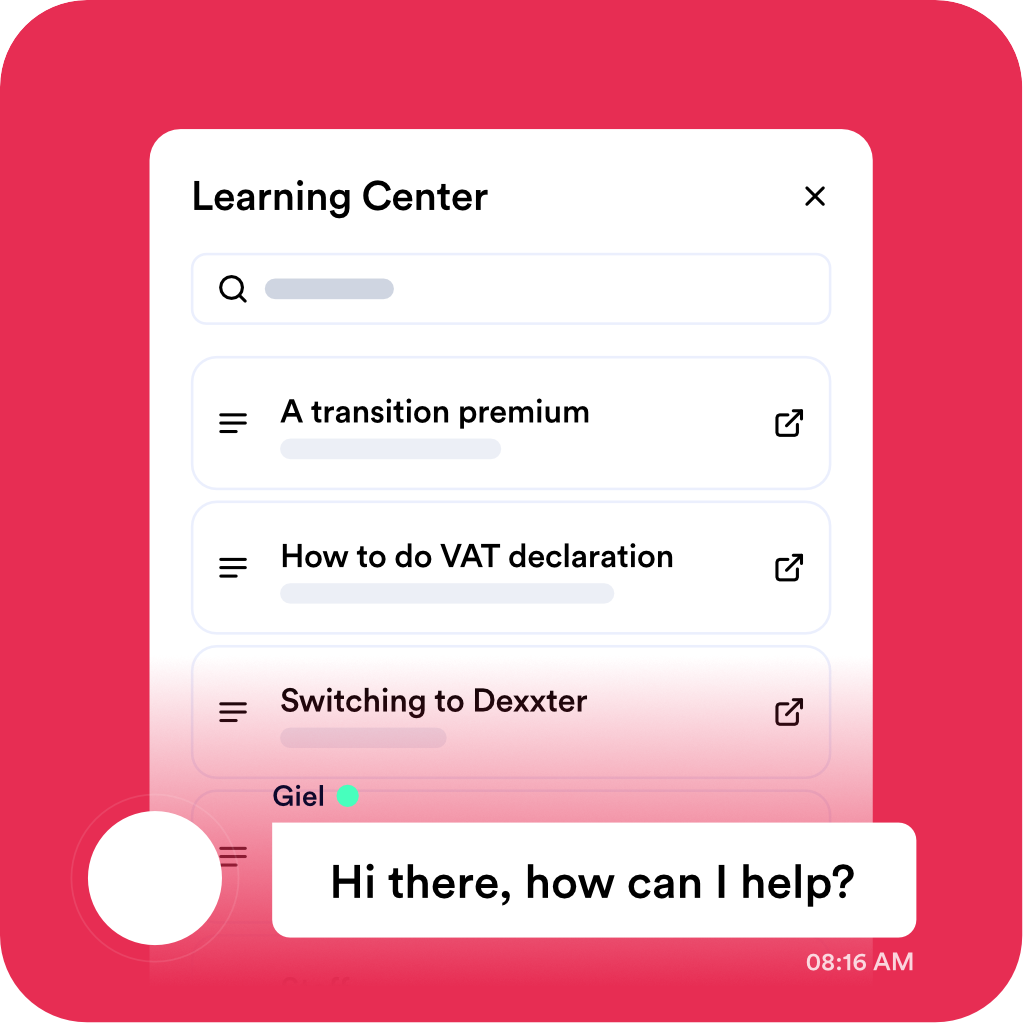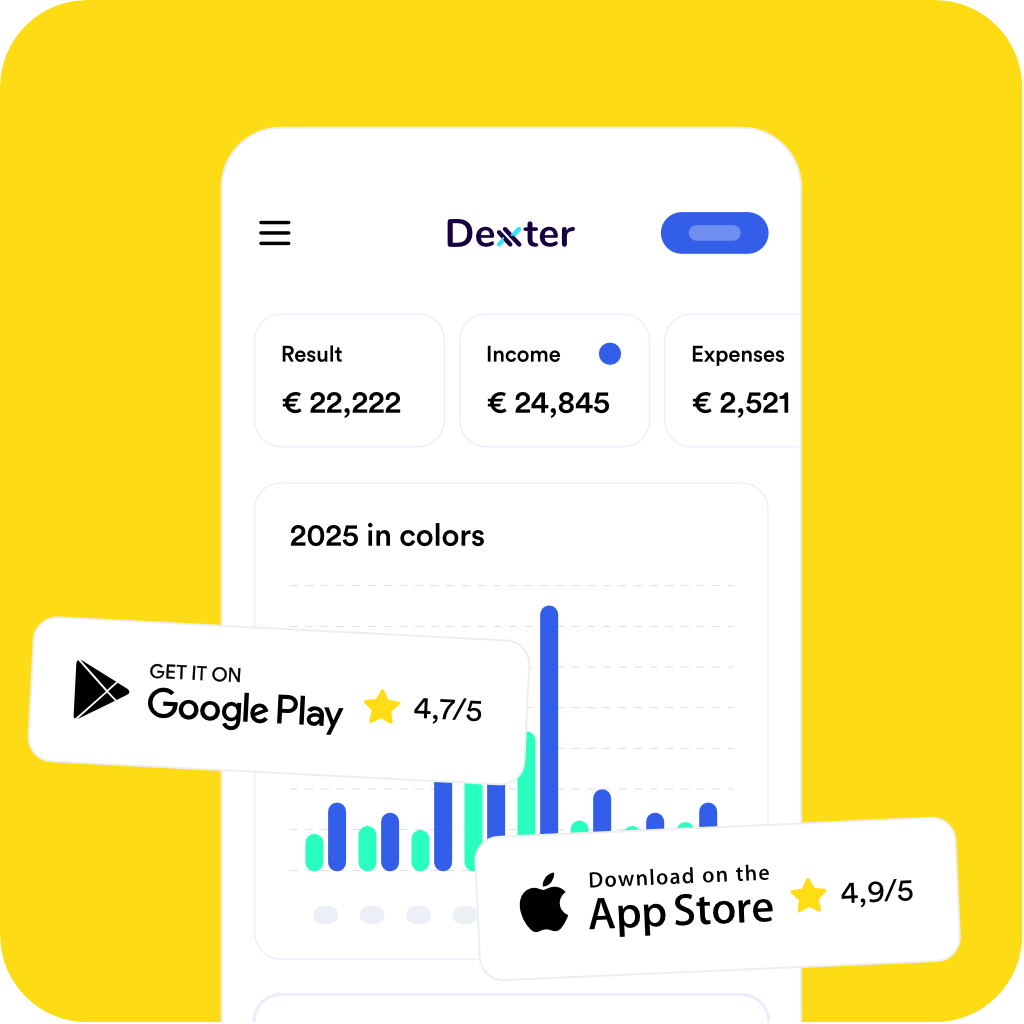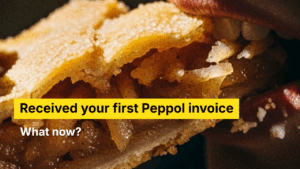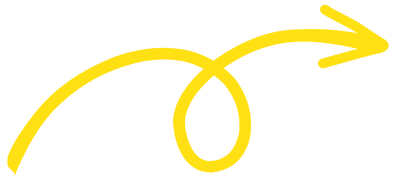You may have heard it before: ‘Do you send the invoice because it’s on business’ or ‘Can I have the restaurant receipt for my accounts’. It sometimes seems that, for a self-employed person, there are only deductible costs for their bookkeeping. Especially as a self-employed person starting out, you may therefore already be in doubt whether something is allowed in your accounts or not.
What are deductible costs for your bookkeeping?
Broadly speaking, a professional expense is an expense that is useful for your self-employed activities. The tax authorities define it a little more formally as ‘A tax-deductible professional expense serves to maintain or increase your turnover’.
Of course, that still leaves a lot of room for interpretation and there will always be. After all, it is up to you to demonstrate (in case of tax inspection) why a certain expense was useful for your self-employed activities. For some expenses this is obvious, for other expenses you might have to provide some explanation.
If you have made an expense and are hesitant to stop the receipt or invoice in your accounts, ask yourself the next question: if I do the same expense as an employee, but for my employer’s company, would my employer pay back this expense?
If the answer is yes, then you already have a solid indication that that expense is indeed allowed in your own accounts as a professional expense.

Tip:
Be as honest as possible. Don’t exaggerate and, as always, let Dexxter give you good guidance 😉.
Why are deductible expenses so useful for your accounts?
As a self-employed person, you pay personal income tax on your profits. Doesn’t matter whether you are a self-employed student, entrepreneur in secondary occupation or main occupation, the profit from your self-employed activities determines your tax note. To arrive at that profit, you deduct professional expenses from your turnover. What remains is your profit and you pay taxes on that.
In other words, the more professional expenses you accumulate, the less profit remains and the less taxes you pay. Pretty handy, but there is of course a downside: every professional expense must also be effectively paid.
What do I need for my accounts?
Here you have a clear difference between recovering VAT and demonstrating a professional expense.
Recovering VAT and entering expenses
If you want to demonstrate the professional expense and recover VAT on a purchase, you effectively need a 100% correct invoice for your bookkeeping. For example, that invoice must also state all necessary details, such as your VAT number and a clear description of the purchase.
Within a European context, there is the principle of VAT, as VAT legislation is something typically European. Consequently, all European companies will be able to provide you with a correct invoice because they fall under more or less the same VAT rules.
When it comes to non-European countries, they do not know the VAT principle. Many of these non-European countries have their own system, but it is (not necessarily) the same system as VAT.
So if you get an invoice from a non-European supplier, you don’t have to view it as strictly as from a European supplier. For example, a European supplier will always have a company number or at least something similar. A non-European supplier can perfectly well not have a company number.
Consequently, you may maintain the VAT deduction % (step 4 in Dexxter while booking an expense) at 100% or as high as the professional percentage if it is not 100%.

Tip:
Dexxter offers free webinars and online courses so you are always up to date with your accounting knowledge!
Only demonstrate the professional expenses (and not recover VAT)
For example, because you are exempted from VAT. In such a case, you will not be able to recover VAT anyway.
Or, for example, because you are subject to VAT, but the expenses do not include VAT. Think, for example, of bringing in rent money; classically, no VAT is charged on rent money and you therefore don’t have to dwell on whether or not you can recover VAT.
If you only want to demonstrate the professional expense, you can use an invoice, a receipt, a receipt, an expense note, etc. Anything that allows you to demonstrate what you have purchased (a description of your purchase) and how much it has cost is sufficient to record a professional expense.
In such a case, don’t worry if your company number is not stated on the document. As long as you can prove through a document what you bought, how much you paid for it and that you have a story as to why you are using it professionally, you are good to show professional expenses.
Some examples
Of course, we assume that the expenses below are professional purchases. In other words, they are purchases that move your business forward!
You buy something via Bol.com and get a payment confirmation in your mailbox.
VAT recovery? No, it’s a payment confirmation, not an invoice.
Proving professional expenses? Yep, the payment confirmation will adequately describe what you bought.
A VAT receipt at restaurant.
Recover vAT? No, it is not an invoice. Despite the name ‘VAT receipt’, you cannot recover VAT on this as an entrepreneur.
Proving professional expenses? Yes, you can in your accounts.
You buy some office equipment at MediaMarkt and receive an invoice with your company number on it.
Recover VAT? Yes, it is an invoice so you can recover VAT on it.
Professional expense? Sure, the invoice adequately describes what you have purchased.
You buy some office equipment at MediaMarkt, get a receipt, but forget to question invoices.
Recover VAT? No, it’s not an invoice.
Professional fees? Yes, the receipt will state a description of your purchased items.
You only have a bank statement from your purchases at Mediamarkt.
VAT recovery? No, it’s not an invoice.
Professional fees? No, because a bank statement says nothing about exactly what you bought.
You use a bank statement to stop a monthly recurring expense in the accounts, for example rent.
Recover VAT? No, it’s not an invoice.
Professional expense? Yes! The bank statement in itself may not be enough to prove exactly what it’s about, but at the time of a tax audit you will be able to present the rental contract, for example.
A list of costs? 📄
We have another handy list of deductible costs ready for sole proprietors. You can also find some handy examples of deductible business expenses on the KBC website.
